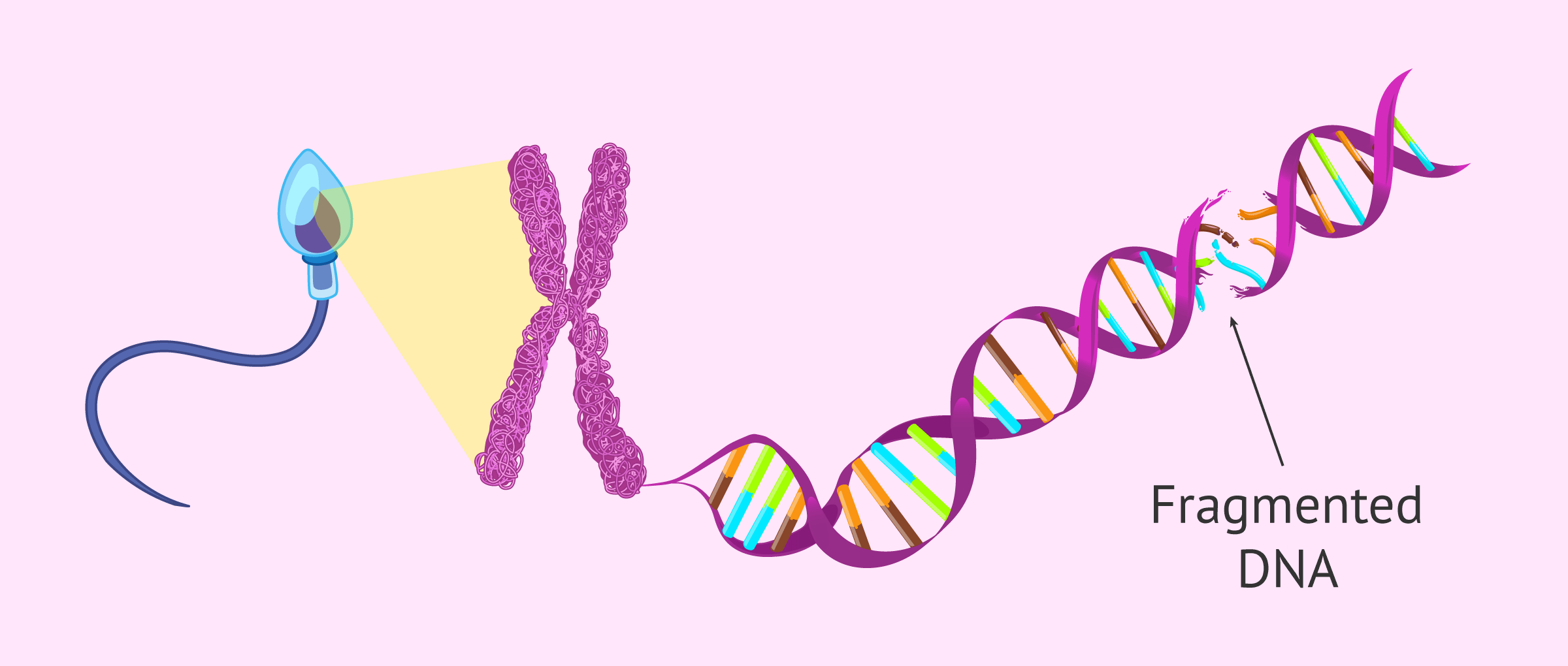 مركز جنين لعلاج العقم وأطفال الأنابيب – Ganin IVF Clinic
مركز جنين لعلاج العقم وأطفال الأنابيب – Ganin IVF Clinic
In vitro fertilization (IVF) has revolutionized the landscape of assisted reproductive technology (ART), offering hope to millions of couples struggling with infertility. Ganin IVF, a cutting-edge technique, has emerged as a promising approach in the realm of assisted reproduction. Central to the success of any IVF procedure is the quality of sperm and oocyte, and one crucial aspect that often determines this quality is DNA fragmentation. In this article, we delve into the significance of DNA fragmentation in Ganin IVF and its implications for successful conception.
DNA fragmentation refers to the breaking of DNA strands into smaller fragments. In the context of assisted reproduction, it primarily affects sperm DNA. Sperm DNA fragmentation (SDF) occurs due to various factors, including oxidative stress, environmental toxins, and genetic predisposition. High levels of SDF are associated with reduced fertility potential and increased risk of miscarriage.
Ganin IVF, a specialized form of IVF, incorporates advanced techniques to enhance the success rates of assisted reproduction. Unlike traditional IVF, Ganin IVF focuses on optimizing gamete quality to improve embryo development and implantation rates. Central to this approach is the assessment and management of DNA fragmentation.
In Ganin IVF, thorough evaluation of sperm DNA integrity is conducted using specialized tests such as the sperm chromatin structure assay (SCSA), terminal deoxynucleotidyl transferase dUTP nick end labeling (TUNEL), and comet assay. These tests provide insights into the extent of DNA fragmentation and guide clinicians in tailoring treatment strategies accordingly.
High levels of DNA fragmentation can significantly impact treatment outcomes in Ganin IVF. Elevated SDF levels are associated with decreased fertilization rates, impaired embryo development, and higher rates of implantation failure and miscarriage. Therefore, addressing DNA fragmentation becomes paramount in optimizing treatment success.
As our understanding of DNA fragmentation continues to evolve, ongoing research in Ganin IVF seeks to refine existing protocols and explore novel interventions to further improve treatment outcomes. Advancements in genetic screening technologies, such as next-generation sequencing (NGS) and preimplantation genetic testing (PGT), hold promise in identifying embryos with optimal genetic integrity, thereby reducing the risk of implantation failure and miscarriage.
DNA fragmentation plays a pivotal role in Ganin IVF, influencing treatment outcomes and the likelihood of successful conception. By meticulously assessing and managing sperm DNA integrity, Ganin IVF offers renewed hope to couples facing infertility challenges. As research progresses and technology advances, the future of assisted reproduction holds immense potential for overcoming barriers to fertility and fulfilling the dreams of parenthood.
We will send you a confirmation within 24 hours. Emergency? Call +971 56 699 4466
Buhaira Corniche. Emirates Tower. In front of Al Majaz Theater. Tenth floor, Sharjah, United Arab Emirates
+971 56 699 4466
info@ganinivf.ae
WhatsApp us